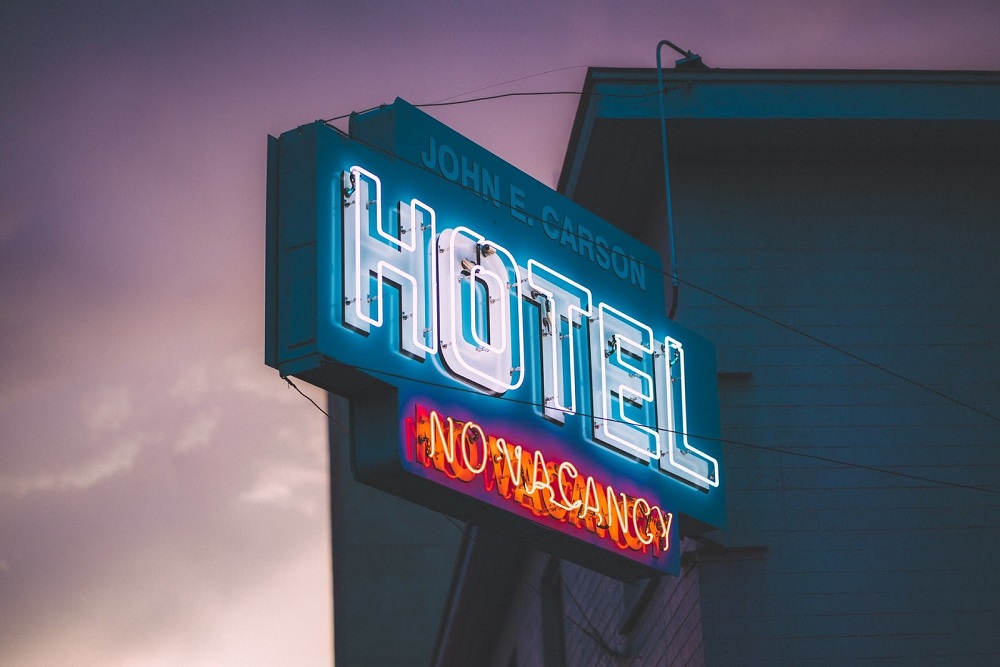Having hotel reservations canceled at the last minute can be nerve-racking for guests. But do you know who gets even more stressed out? The hotel business owners, of course.
Cancellations and no-shows can lead to lower occupancy, which automatically translates to lower revenue, lower rankings on OTAs, and stress and extra work.
The problem is experiencing these sudden unfortunate turn of events isn’t always the fault of the guests and their changed plans and emergencies. There’s a great chance that the problem lies on your side of the fence. Your cancellation policies and offers may not be solid enough to retain your hotel guests.
If you’re looking for ways to avoid unexpected cancellations and no-shows, here are 7 tips from industry experts that you may consider.
Create a good cancellation policy
While thinking about your guests’ welfare is a great approach to building better relationships, you should put a limit when it’s jeopardizing your revenue. It starts with a good, clear, and precise cancellation policy that is visible to your guests.
A stricter cancellation policy not only increases the number of occupancies but also reduces fraudulent bookings. Include information about refunds, cancellation fees, the amount blocked on the card, and more, holding guests responsible for no-shows. Most hotels allow their guests to cancel for free 48-72 hours before their arrival time. Longer cancellation lead time gives you more time to resell. A cancellation fee is charged if they back out at the very last minute.
Secure their payment by requiring credit card deposits
To secure their payment, it’s recommended to ask for card deposits. You may even mandate credit card details to block an amount for the booking.
In exchange for their partial or complete payment at the time of booking, hotel revenue managers recommend sweetening the deal with offers and discounts. Aside from reducing the possibilities of cancellation, these deals will also have a positive impact on conversion.
Collect small deposits
You may also collect a minimal deposit amount, like a set percentage of the room rate, before confirming the booking. Since a deposit has been placed, the guest will think twice or thrice before canceling the booking or reserving a room with other hotels.
Offer discounts to get confirmed bookings
In return, give them discounts. You can confirm the booking with your guest and then give them a discount once done. Throw in a statement implying that they’d get discounts if they pay upfront.
Make non-refundable reservations seem attractive with discounts
Guests often stay away from non-refundable deals due to fear and anxiety about future events. However, it doesn’t always sound bad when there are discounts or deals of an upgrade involved.
Sweeten the deal for direct bookings
Hotels love it when guests book directly with them and not via third-party booking sites. They won’t have to pay commissions to third-party sites in exchange for selling their room. With this, they’re happier to give upgrades and discounts to guests who have direct reservations with them.
So if you have guests with direct bookings, think about offering an exclusive special deal on the website.
Know your KPIs (Key Performance Indicators)
Track your progress by checking your reports regularly and understanding trends and KPIs that define your business. Keep track of your cancellations too. Aside from helping you make the right decisions, the reports also suggest areas that need improvement. You can understand which tours or packages generate the most cancellations and no-show reservations, and address them instantly.
Empathize but be firm with the fees
Hotels are often very generous with upgrades, waived fees, and freebies to build strong customer relationships. While it’s necessary to empathize with the guest who is trying to cancel their reservation, you should be firm. At the end of the day, cancellations and no-shows impact your revenue.
Get in touch with the guests who didn’t show up, ask about their reasons for backing out, and calmly explain why a no-show or cancellation fee must be issued. You may negotiate and offer something that might not be very significant to you but might encourage them to rebook. These include the option of rescheduling the trip or giving them vouchers for future use.
Stay in touch
Hotel guests often make multiple refundable and cancellable bookings in advance to “lock-in” a great deal. Then, they’ll pick one and cancel the rest a day or two before the arrival date. To make sure you’re not the canceled one, stay in touch with that potential customer through email. You can send them reminders about their booking.
Staying in touch with them also helps build guest experience. Let them know that you look forward to their stay with your property. You may also set automatic emails and SMS that send alerts and notifications, but make sure you’re not spamming them with mails.



